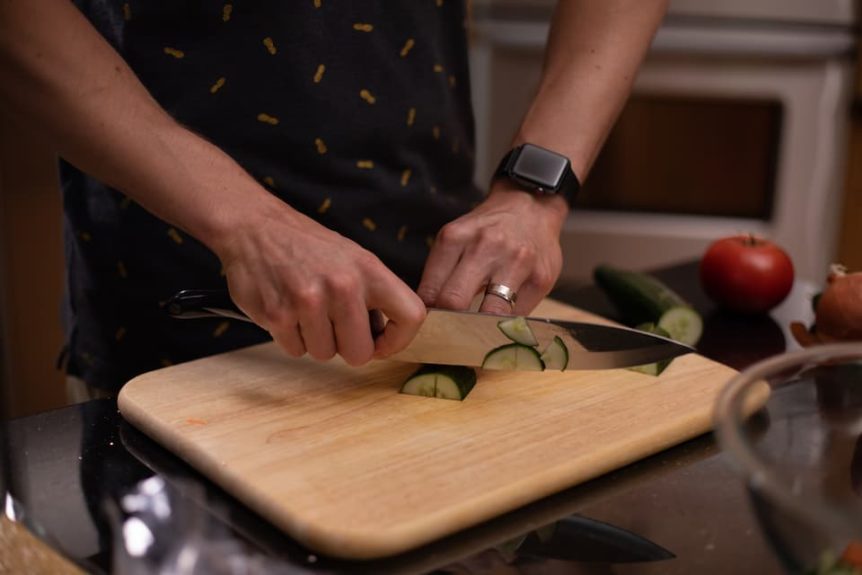Snacking has become one of those automatic activities we engage in. Our stomach growls and we respond by putting something into our mouth to either quiet the noise or satisfy a craving.
There are many different opinions out there on whether or not we should or shouldn’t snack. Personally I think that is very individual. The intent of a snack is to provide a small amount of nourishment to keep your blood sugar levels stable and prevent you from being too hungry at meals.
However, if we do not have a plan for what we are going to eat for a snack and have it available, we can end up eating more than 40% of our daily calories at snack time. That can add up in a hurry!
The worst time to be snacking is after dinner. Again the research around this varies but the general consensus is for people who do not struggle with their weight it doesn’t appear to affect their waistline if they snack in the evening. For people who do struggle with their weight, eating in the evening increases their risk of gaining weight.
The main reason most of us snack during the evening is due to habit. Second, night time cravings can be a sign you have not eaten balanced throughout the day; in particular your fibre intake may be low. The third reason may be tied to emotions. Humans have been known to eat when bored, happy, sad, mad…. Food in the short term can help make us feel better but unfortunately it doesn’t last for long before the guilt sets in.
If you would like to incorporate snacks into your routine here are some tips to follow:
- If you talk in calories you want to aim for approximately 100-150kcal per snack. See the examples below.
- Stay away from the breads, crackers, muffins, bagels, pretzels, etc… Every culture in the world has a tendency to overeat foods rich in carbohydrates. They are absolutely a part of a balanced diet but we should aim to eat them at meal times and not for snacks.
- Choose to have either a fruit or a vegetable alone or if you are really hungry you can add on a source of protein. The protein and fibre will leave you feeling more satisfied
- Ask yourself if you are truly hungry
- Be prepared. Keep some snacks handy at the office or at home so that if you get hungry you will not be tempted to run over to the jelly bean dish or down to the vending machine.
- Keep it simple. Food is supposed to be fuel. It is as simple as that. We can easily get caught up thinking our food should be gourmet, original and have an abundance of variety!
Simple snacks:
• A piece of fruit- may add 1oz of brick cheese, 1 oz of almonds, 2 Tbsp of a natural nut butter or a ¼ cup of cottage cheese
• 1 cup of raw vegetables- may add 1/4 cup hummus, 1 oz of brick cheese, 1 hard boiled egg, 1 oz canned fish or 1 oz of left over chicken breast
• ½ cup of greek yogurt
– from the Registered Dietitians at Revive Wellness Inc.



